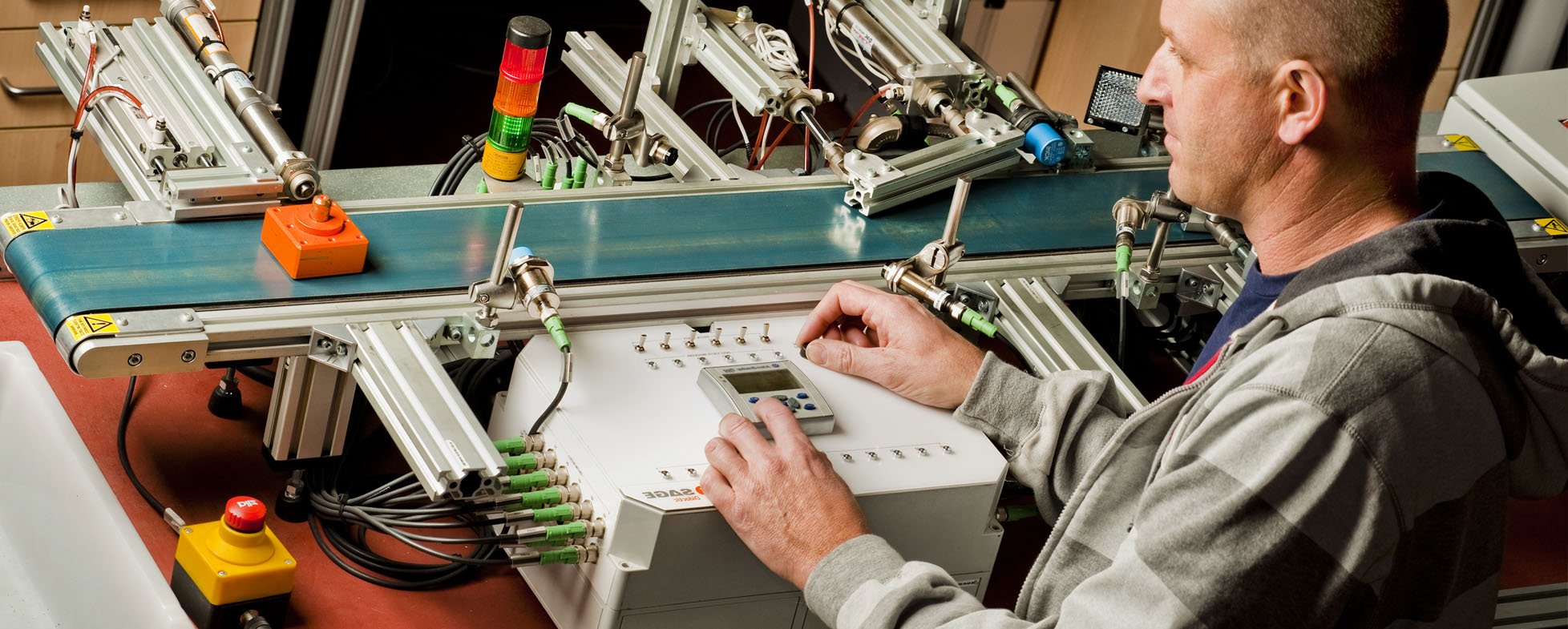A SAGE Group Company


Micro-credentials are a form of short-course training that delivers highly relevant digital skills that are directly applicable to industry. Delivered through Skills Lab, a Registered Training Organisation (RTO), micro-credentials enable the development of both a technical and soft skillset supported by trainers working in the industry.
With growing stakeholder expectations, regulatory requirements and the potential impact on organisational reputation and performance, organisations need to embrace Environmental, Social and Governance (ESG) principles.
This course provides a tailored and practical approach for Australian professionals to initiate, implement, and communicate ESG initiatives within their organisation(s).
The industrial automation industry now requires electricians to understand the different hardware used in modern control systems, along with the ability to troubleshoot the software and the incoming and outgoing signals. This course is best suited to electricians or those working in a similar field.
In addition to industry-standard programming techniques, knowledge of edge devices, networking, and cyber security is becoming essential for programmers working with modern industrial automation. This course is best suited to engineers, programmers or those with a background in programming or a similar field.
The highly digital environment of modern industrial automation requires operators to have a greater understanding of modern Supervisory Control and Data Acquisition (SCADA) systems and other IIoT applications. This course is best suited to operators or those working in a similar field.

This micro-credential covers the concepts of traceability in manufacturing, marking (barcode or RFID), verification and implementation of these systems in Industry 4.0 connected manufacturing environments. This course is best suited to tradespeople seeking career progression in supply chain roles.

This series of three Micro-Credential covers basic Digital Twin principles through to Operating and Managing a Digital Twin. A digital twin is virtual model of a physical object or system that spans its lifecycle and brings in learning and experiences from real world processes to update the digital twin model.

The SAGE group brings together the brightest people and the best technology to create smarter, safer cities and workplaces